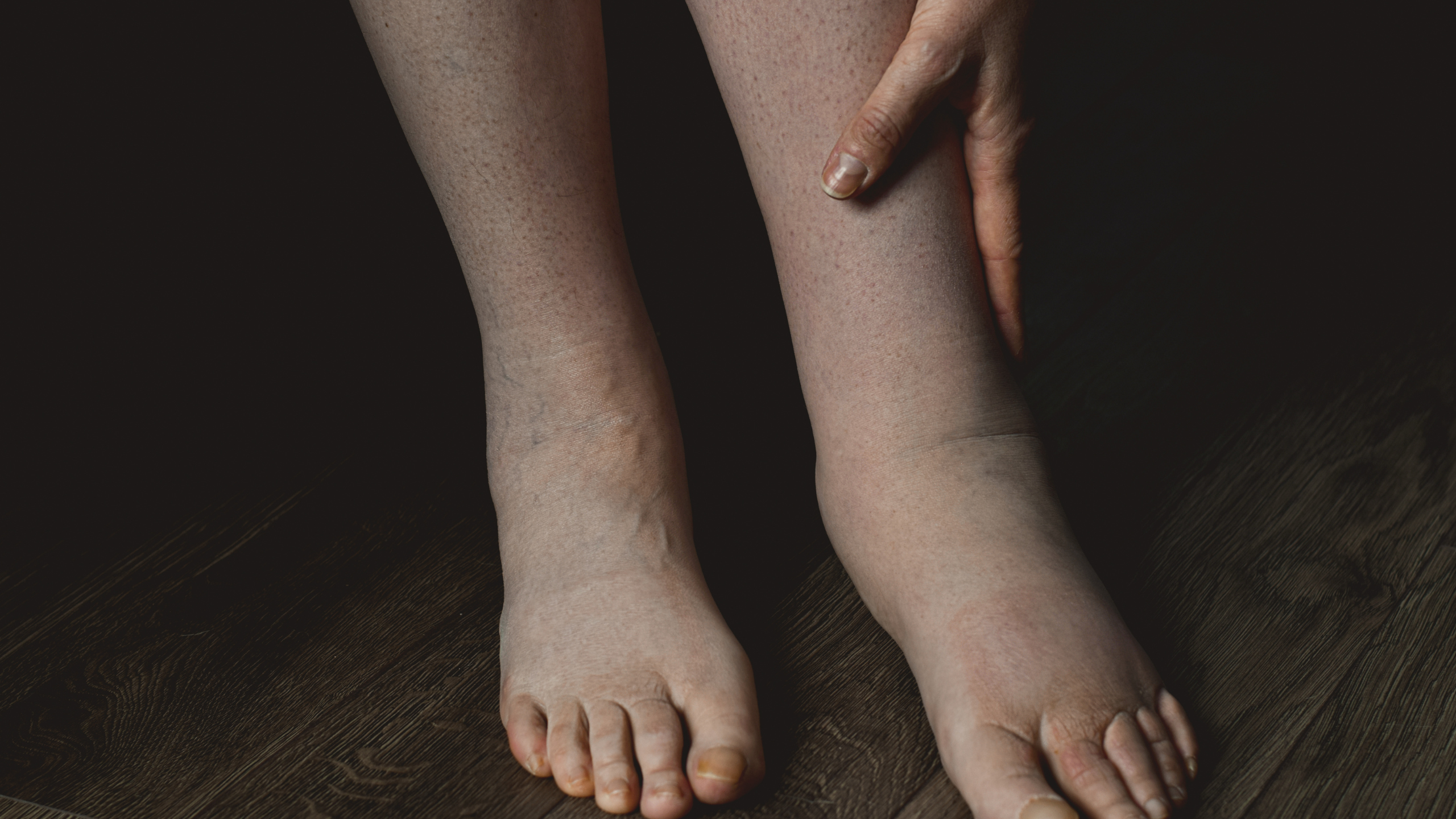Dive into the enigmatic world of lymphedema, where sudden onset can sometimes perplex even the most informed patients. This blog demystifies how lymphedema can appear out of the blue, exploring its causes, risk factors, and early warning signs.
Have you ever woken up to find part of your body noticeably swollen? If it seemed to come out of nowhere, you might wonder if you’ve suddenly developed lymphedema. This condition, often associated with chronic swelling due to fluid buildup, typically evolves gradually. However, certain scenarios can lead to what appears to be a sudden onset. Let’s unpack the realities of lymphedema and understand when and how it can strike unexpectedly.

Understanding Lymphedema
Lymphedema occurs when your lymphatic system, which is critical for immune function and fluid balance, fails to drain lymph fluid efficiently. This malfunction causes swelling, primarily in the arms or legs, though it can also affect other areas like the face or abdomen.
Can Lymphedema Really Happen Overnight?
While it’s rare for lymphedema to develop literally overnight, there are instances where it might seem sudden:
- Changes in weather systems
- Restless sleep
- Stress
- Reaction to inflammatory foods
- Looking into nighttime compression garments may be need or may not be the best for your current condition

If you have Secondary Lymphedema
This type usually follows an event that damages the lymphatic system, such as surgery, radiation therapy, or an infection. For instance, cancer patients often face a risk of lymphedema following treatments that involve lymph node removal. This can lead to what feels like sudden swelling, as the body’s drainage capabilities are quickly compromised.
If you have Primary Lymphedema
Less common than secondary, primary lymphedema is due to congenital anomalies in the lymphatic system. Those affected may not experience symptoms until a triggering event occurs, such as puberty, pregnancy, or an injury. This can give the impression of lymphedema developing suddenly.
What Puts You at Risk?
Identifying risk factors and triggers is crucial for early detection and management. Key risks include:
- Cancer treatments that involve the lymphatic system.
- Infections like cellulitis that impact lymphatic flow.
- Physical trauma or surgery that affects lymph nodes or vessels.
- Obesity and inactivity, which can exacerbate lymphatic issues.
Spotting the Early Signs
Catching lymphedema early can make a significant difference in management and outcomes. Keep an eye out for:
- Swelling in any body part, particularly if it’s asymmetrical.
- Feelings of heaviness or tightness in limbs.
- Decreased flexibility or discomfort in moving certain body parts.
- Frequent infections in the affected area.
- Changes in skin texture, like thickening or hardening.
Living with Lymphedema: Prevention and Management Tips
Though there’s no cure, managing lymphedema is possible with proactive measures:
- Manual lymphatic drainage: This gentle massage technique helps direct lymph fluid away from swollen areas.
- Compression garments: Essential for aiding fluid drainage and reducing swelling.
- Regular exercise: Especially routines that activate muscles in the affected area. I offer specialized fitness exercises that can manage your affected limbs. For more information, click here.
- Attentive skin care: Reduces the risk of infection and complications.
- Anti-Inflammatory Foods: Taking part in eating a balanced anti-inflammatory diet drastically helps in reducing swelling. Please take a look at my already done for you recipe book here.
If you suspect a sudden onset of lymphedema, don’t hesitate to seek medical advice. Early intervention is the key to keeping symptoms in check and maintaining an active, fulfilling life despite this challenging condition.
Lymphedema might sound daunting, but with the right knowledge and tools, it can be managed effectively. Remember, you’re not alone in this journey—there’s a whole community and plenty of resources dedicated to helping you live well with lymphedema.
If you require more assistance with managing your swelling with lymphedema, please book a free 15-minute consultation here. I would love to help you!

About the author
Amanda Sobey is a certified personal trainer, certified nutritionist, and lymphedema coach with over 20 years of personal experience battling lymphedema.
She is the creator of the 16-Week Ultimate Lymphedema Journey program, which combines fitness, nutrition, and self-care to empower those with lymphedema, lipedema, or lipolymphedema.
